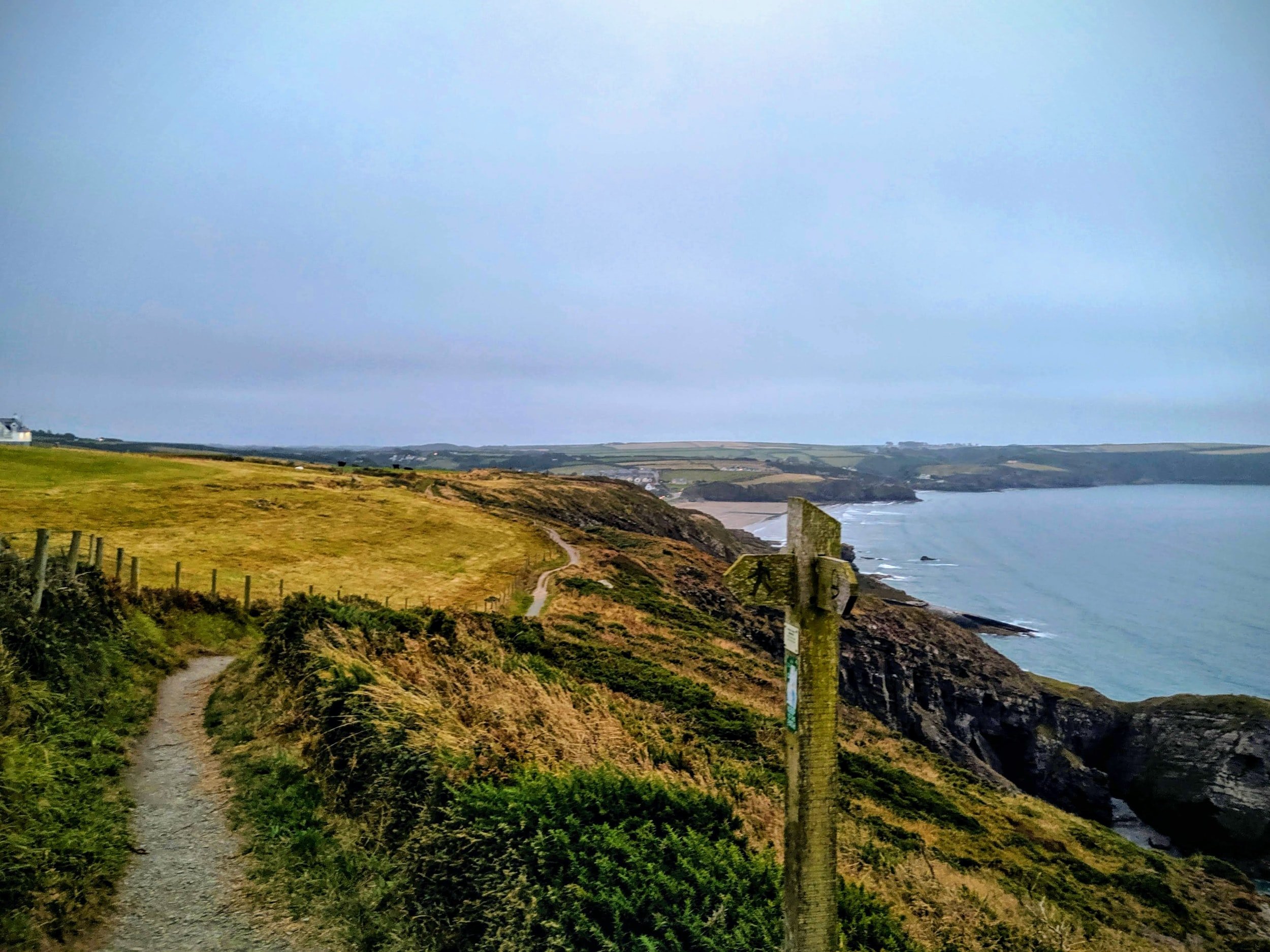The Nature Fix
Author: Polly Sadler, Conservation Enthusiast
Read time: 3 minutes
Flooglebinder are travel experts and a certified B Corporation with tour experience in over 75 countries. We curate sustainable bespoke adventures that incorporate sustainability, conservation and wellness. As a BCorp organisation we use business as a force for good, meet the highest standards of verified performance, accountability and transparency, whilst tracking and monitoring our social and environmental impact.
For 99% of human history, societies have relied on the ecosystem around them.
Hunter-gatherers travelled with the seasons, and people used natural services for all their needs. The change began with the age of agriculture 10,000 years ago when we began domesticating and ‘civilising’ nature. It is only within the most recent decades that the disconnection from nature took hold.
“Over 55% of the world’s population live in cities”
The world we have developed in has led us to believe that we are not only separate from nature but also somehow in control of it and its ability to serve our needs. Not only is this point of view detrimental to the natural world and its biodiversity, but to us as residents. This chronic disconnection from nature is causing us to underestimate the many benefits nature offers us.
As of 2020, over 55% of the world's population lives in cities. This figure grew from 39% in 1980 and is projected to reach 66% in 2050. Additionally, studies show that people in modern, industrialised societies spend 90% of their time indoors with artificial light and artificial temperature control. This urban revolution is having a detrimental effect on individual health all over the world.
“Nature-deficit disorder…the cost of human alienation from nature”
Numerous studies out there confirm the correlation between poor mental health and lack of time in nature. ‘Nature-deficit disorder’ is a term coined by author Richard Louv and is increasingly used as a way to describe the cost of human alienation from nature. An expanding collection of scientific data proves that nature-deficit disorder contributes to obesity, attention difficulties, anxiety, depression and higher rates of mental and physical illness. This is especially true for today’s youth, who have grown up in a world where screen time far exceeds time spent outdoors.
“today’s youth…have grown up in a world where screen time far exceeds time spent outdoors”
In parts of Asia, there has been a huge rise in myopia (or short-sightedness). 90% of teenagers and young adults in China and 96% of 19-year-olds in South Korea’s capital Seoul are short-sighted, compared to 22% in the rest of the world. This condition was once thought to be genetic. When that was disproven, scientists believed it was due to excessive reading. In recent years, results of further studies point towards a single pattern – time spent outside.
The growth of cities corresponds with a lack of accessibility for many. Whether it be due to financial, logistical or social reasons, not everybody has access to the outdoors or natural areas. This can also be due to poor urban planning – inner-city green spaces can make a huge difference.
Many countries are beginning to recognise nature as a therapeutic treatment. In Japan, the concept of ‘shinrin yoku’ or forest bathing encourages citizens to make use of the country's natural spaces. Studies show that doing so can lower blood pressure and pulse rate and decrease levels of stress hormones.
“The Nature Fix - how the outdoors can positively impact the brain”
In America, some doctors are now known to formally prescribe their patients time in parks for health issues such as diabetes, anxiety, depression and even asthma. These natural initiatives have gained momentum of late and are thriving.
The Alnarp Rehabilitation Garden in Sweden is a government-funded initiative that uses horticulture as a treatment for work-related stress. It has resulted in more success than other traditional therapy alternatives and is being trialled with stroke patients and traumatised refugees.
“The definition of ‘outdoors’ can mean completely different things to different people”
However, natural benefits should be preventative rather than just as a treatment. Everybody should have the opportunity to access nature and reconnect with the outdoors. The definition of ‘outdoors’ can mean completely different things to different people. Some may define it as a walk on the beach or down a city canal, while others think of mountain wildernesses and national parks. It is important to know that each is valuable in its own way, and individuals must find their unique, personal connection to nature.
Self-proclaimed biophilic cities such as Singapore, Wellington and Washington, DC are improving the connection between residents and nature. A multitude of benefits come from such initiatives including increased biodiversity, better health and well-being, and a deeper understanding of the value of nature, not just for individuals but for the world as a whole.


































